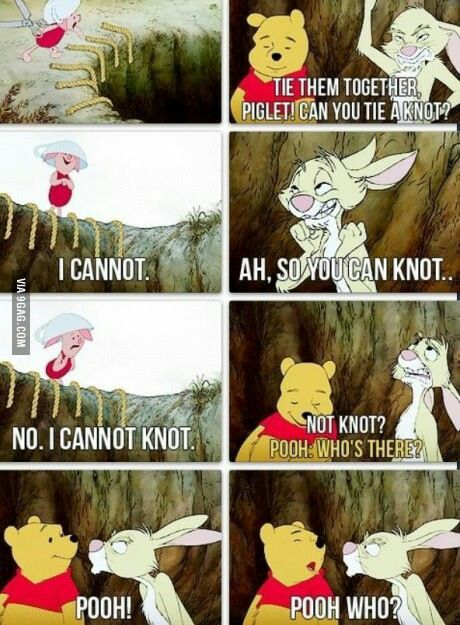Homotopy type of categories of models
Abstract
For a complete theory T, Lascar associated with it a Galois group which we call the Lacsar group. We will talk about some of my work on recovering the Lascar group as the fundamental group of Mod(T) and some recent progress in understanding the higher homotopy groups.
Pre-seminar meeting on motivic integration
Abstract
This is a pre-seminar meeting for Margaret Bilu's talk "A motivic circle method", which takes place later in the day at 5PM in L3.
On a proposed axiomatisation of the maximal abelian extension of the p-adic numbers
Abstract
The local Kronecker-Weber theorem states that the maximal abelian extension of p-adic numbers Qp is obtained from this field by adjoining all roots of unity. In 2018, Koenigsmann conjectured that the maximal abelian extension of Qp is decidable. In my talk, we will discuss Koenigsmann's proposed axiomatisation. In contrast, the maximal unramified extension of Qp is known to be decidable, admitting a complete axiomatisation by an informed but simple set of axioms (this is due to Kochen). We explain how the question of completeness can be reduced to an Ax-Kochen-Ershov result in residue characteristic 0 by the method of coarsening.
Unlikely Double Intersections in a power of a modular curve (Part 2)
Abstract
The Zilber-Pink Conjecture, which should rule the behaviour of intersections between an algebraic variety and a countable family of "special varieties", does not take into account double intersections; some results related to tangencies with special subvarieties have been obtained by Marché-Maurin in 2014 in the case of powers of the multiplicative group and by Corvaja-Demeio-Masser-Zannier in 2019 in the case of elliptic schemes. We prove that any algebraic curve contained in Y(1)^2 is tangent to finitely many modular curves, which are the one-codimensional special subvarieties. The proof uses the Pila-Zannier strategy: the Pila-Wilkie counting theorem is combined with a degree bound coming from a Weakly Bounded Height estimate. The seminar will be divided into two talks: in the first one, we will explain the general Zilber-Pink Conjecture philosophy, we will describe the main tools used in this context and we will see what the differences in the double intersection case are; in the second one, we will focus on the proofs and we will see how o-minimality plays a main role here. In the case of a curve in Y(1)^2, o-minimality is also used for height estimates (which are then ineffective, which is usually not the case).
Unlikely Double Intersections in a power of a modular curve (Part 1)
Abstract
The Zilber-Pink Conjecture, which should rule the behaviour of intersections between an algebraic variety and a countable family of "special varieties", does not take into account double intersections; some results related to tangencies with special subvarieties have been obtained by Marché-Maurin in 2014 in the case of powers of the multiplicative group and by Corvaja-Demeio-Masser-Zannier in 2019 in the case of elliptic schemes. We prove that any algebraic curve contained in Y(1)^2 is tangent to finitely many modular curves, which are the one-codimensional special subvarieties. The proof uses the Pila-Zannier strategy: the Pila-Wilkie counting theorem is combined with a degree bound coming from a Weakly Bounded Height estimate. The seminar will be divided into two talks: in the first one, we will explain the general Zilber-Pink Conjecture philosophy, we will describe the main tools used in this context and we will see what the differences in the double intersection case are; in the second one, we will focus on the proofs and we will see how o-minimality plays a main role here. In the case of a curve in Y(1)^2, o-minimality is also used for height estimates (which are then ineffective, which is usually not the case).
Competitive analysis in random graph processes
Abstract
Consider the following "controlled" random graph process: edges of the complete graph are revealed one by one in random order to an online algorithm, which immediately decides whether to retain each observed edge. The algorithm's objective is to construct a graph property within specified constraints on the total number of observed edges ("time") and the total number of retained edges ("budget").
During this talk, I will present results in this model for natural graph properties, such as connectivity, Hamiltonicity, and containment of fixed-size subgraphs. Specifically, I will describe a strategy to construct a Hamilton cycle at the hitting time for minimum degree 2 by retaining a linear number of edges. This extends the classical hitting time result for Hamiltonicity originally established by Ajtai–Komlós–Szemerédi and Bollobás.
The talk is based on joint work with Alan Frieze and Michael Krivelevich.
Correlations of the Riemann zeta function
Abstract
Abstract: Shifted moments of the Riemann zeta function, introduced by Chandee, are natural generalizations of the moments of zeta. While the moments of zeta capture large values of zeta, the shifted moments also capture how the values of zeta are correlated along the half line. I will describe recent work giving sharp bounds for shifted moments assuming the Riemann hypothesis, improving previous work of Chandee and Ng, Shen, and Wong. I will also discuss some unconditional results about shifted moments with small exponents.
3-manifold algorithms, representation theory, and the generalised Riemann hypothesis
Abstract
You may be surprised to see the generalised Riemann hypothesis appear in algorithmic topology. For example, knottedness was originally shown to be in NP under the assumption of GRH.
Where does this condition come from? We will discuss this in the context of 3-sphere recognition, and examine why the approach fails for higher dimensions.
Fáry-Milnor type theorems
Abstract


